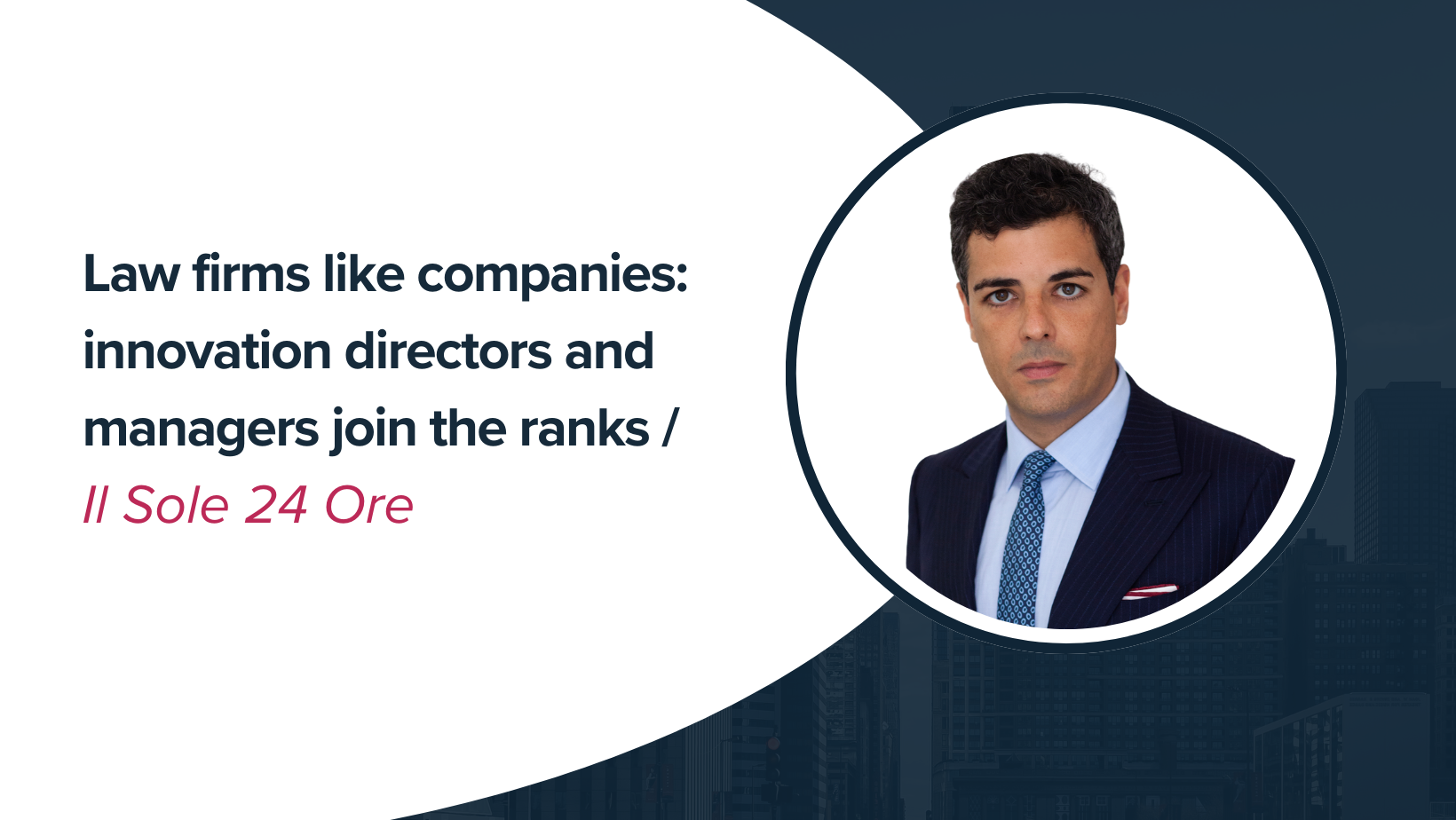Artificial intelligence is rapidly transforming the legal profession, opening up new opportunities to improve the efficiency and effectiveness of daily tasks. From automating legal research to assisted drafting of legal documents, and optimizing workflows, AI applications are numerous and promising. However, along with these opportunities, equally significant challenges arise, particularly in the ethical domain.
Francesco Biazzo, interviewed by ItaliaOggi, emphasized that while the use of AI represents a significant technological advancement, human oversight remains essential, especially to ensure the quality and ethics of legal services. In this context, the correct approach must balance innovation with respect for professional principles.
“The concerns regarding the use of artificial intelligence can be mitigated through educational and training support provided by some professional bodies, especially regarding ethical aspects,” said Biazzo. “A positive example comes from the Milan Bar Association, which has adopted the first Charter of Principles for the Responsible Use of Artificial Intelligence Systems in the Legal Field, stating that lawyers must use AI with transparency towards clients and full accountability.”
Biazzo added that it is crucial to ensure that AI does not replace the intellectual work of the professional. “AI must be a tool, not a substitute. The duties of diligence and the trust that clients place in their lawyer must remain central,” he concluded.
In other words, while AI is a powerful tool to enhance professional capabilities, it cannot—and should not—undermine the quality of human judgment, data security, and confidentiality—core values for every lawyer. Therefore, the future of the legal profession will lie in the harmonious integration of technological innovation and established ethical principles.




